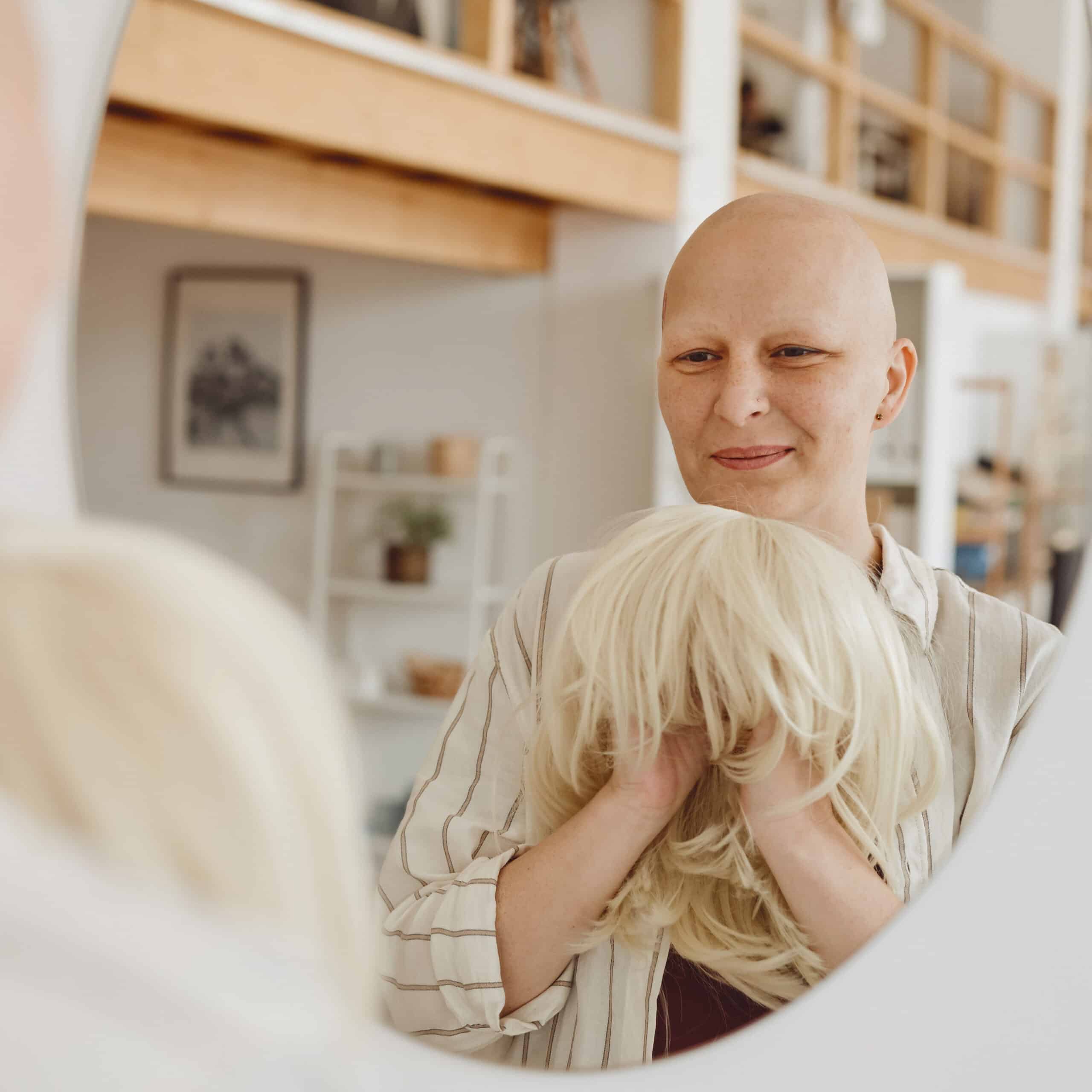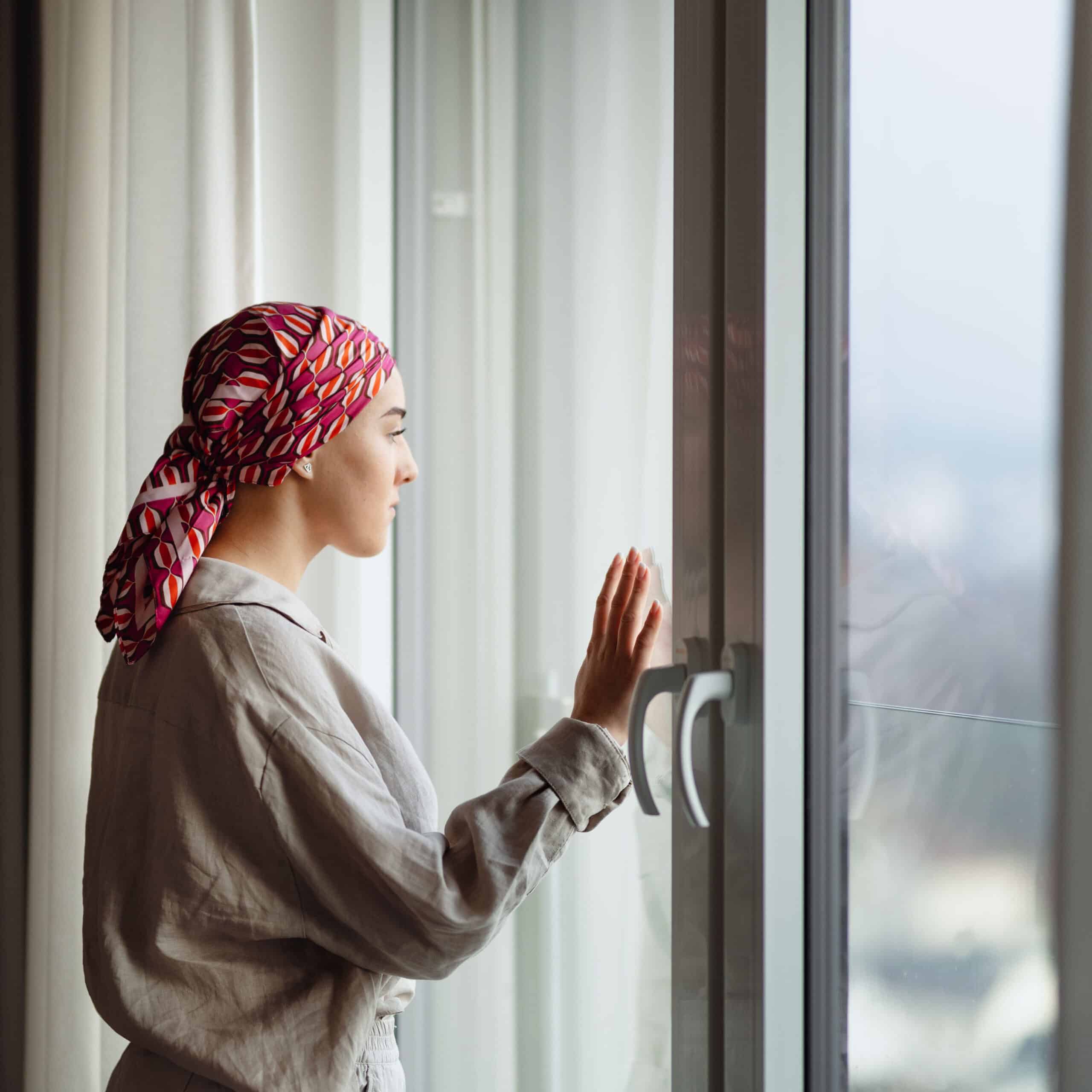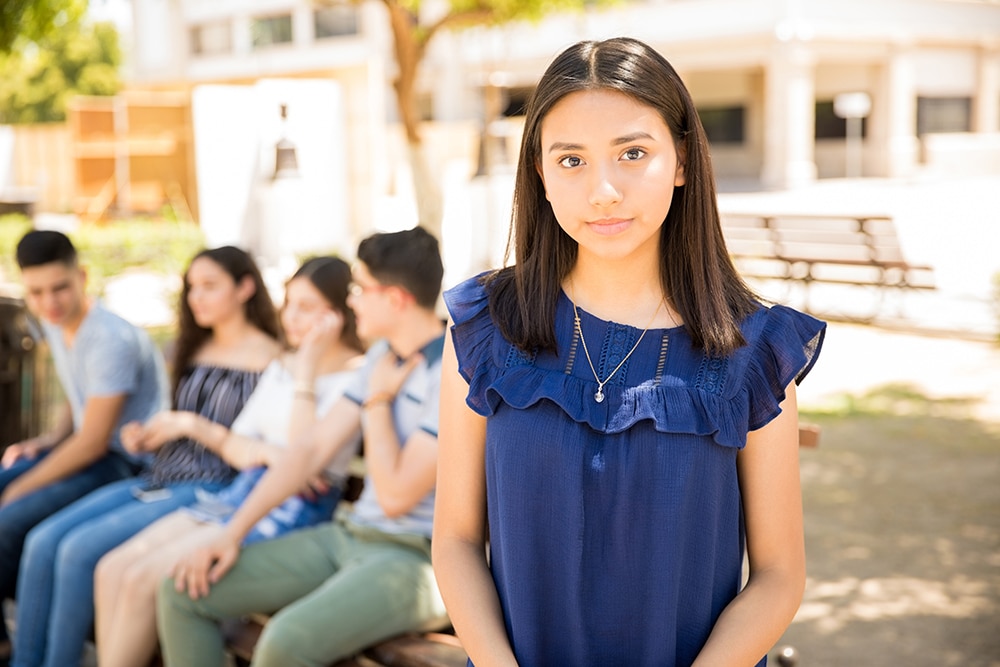
Adolescent and Young Adult Lymphoma
Adolescent and Young Adult Lymphoma
Adolescents and young adults (AYAs) ages 15 to 39 years are more likely to be diagnosed with cancer than younger children. Although lymphoma is one of the most common cancers to develop in AYAs under the age of 25, other cancers such as leukemia, melanoma, testicular cancer (germ cell tumors), breast cancer, and thyroid cancer are also commonly diagnosed in this age group.
The relative youth and maturity level of AYAs has a significant effect on their ability to manage their diagnosis and treatment. In general, it is challenging to be an AYA in life without cancer. Once the diagnosis is made, it is common to have thoughts such as “this cannot happen to me” and overall healthcare-related knowledge, unique concerns regarding body image and fertility issues, relationship matters, jobs and schooling must all be considered when building a treatment plan for AYAs. Additional issues such as health insurance, potential financial hardships, and peer concerns must all be managed carefully. Potential challenges that AYAs may face include:
- Management of a diagnosis and treatment plan (Download the Lymphoma Care Plan)
- Opportunities for treatment in a pediatric or adult center
- Identification of the most appropriate healthcare team who understands the unique needs of AYAs
- The evolution of relationships with family members and peers
- Concerns about fertility and body image
- Sexual health
- The transition to and from school and work environments
- Health insurance and financial challenges
Medical Challenges
AYAs may dismiss early warning signs and potential symptoms of lymphoma and delay seeking medical attention, in part because many cancer symptoms are associated with normal body changes that are common at this age. It is also a common time for transitioning from seeing a primary care provider that specializes in adolescents and children to one that cares for adults and not looking for medical attention can delay an accurate diagnosis. It is critical that AYAs seek professional medical care instead of depending on internet platforms or social media as a primary source of information about their symptoms.
Once lymphoma is diagnosed, AYAs often have unique biological development issues to consider. Younger AYAs have bodies that are changing and growing rapidly, which is important. It is completely normal for AYAs to be hesitant or uncomfortable when describing what they are feeling or when asking questions. For most AYA’s, their parents may have managed medical issues for them or with them so they may have little experience speaking with a doctor themselves. Even though feeling afraid is normal, it is important to try to overcome feelings of discomfort when discussing questions and concerns about a diagnosis, treatment, side effects or even topics like sexuality with the doctor or healthcare team. Communication between patients and their doctors is extremely important and is always kept confidential.
Some AYAs may feel more comfortable having their parents or a trusted friend present during appointments, while others may prefer to speak with their doctors alone. Patients should do whatever makes them feel the most comfortable so they can actively participate in the discussion and play a role in making decisions about their care. It is also okay for patients to talk with their doctor about whether they should get a second opinion about their disease and/or treatment.
Treatments Under Investigation
Many treatments at various stages of drug development are currently being tested in clinical trials, including some for the AYA population. It is critical to remember that today’s scientific research is continuously evolving. Treatment options may change as new treatments are discovered and current treatments are improved. Therefore, it is important that patients check with their physician or with the Foundation for any treatment updates that may have recently emerged.
Adolescent and Young Adult Lymphoma Topics

Appearance and Physical Changes
For many adolescents and young adults (AYAs), appearance and physical strength are important parts of their self-image. Some lymphoma treatments can cause temporary or permanent physical changes to the body, including hair loss, surgical scars, weight gain or loss, fatigue (feeling tired all the time), and/or problems with balance and agility. This may make AYAs feel self-conscious or insecure and may impact how they relate to others.

Emotional Impact
Many adolescents and young adults (AYAs) are at a time in their lives when they are becoming independent, establishing relationships and careers, exploring their sexuality, and forming their own views of the world. A Lymphoma diagnosis can interrupt this process; instead of dealing with those life issues, they must face not only their own distress and emotions about their diagnosis but those of their family and friends as well.

Family Dynamics, Dating, and Fertility
A Lymphoma diagnosis may affect patients’ attempts to establish independence from their parents, find a life partner, and raise a family. Each relationship will be affected differently.

School, Work, and Finances
It is not uncommon for adolescents and younger adults (AYA) to take time off from school or work during cancer treatment. When they do return, it is natural to want to jump right in and return to a normal schedule; however, patients need to remember that going back can be physically and emotionally tiring.

Survivorship and Long-Term Impact
It is important for every lymphoma patient, regardless of age, to have a survivorship care plan that includes guidelines for monitoring and maintaining their health, including regular physical examinations to check for long-term side effects of treatment. This is particularly important for younger cancer survivors, as they have many years ahead and may be facing different concerns than older cancer survivors.

Adolescent and Young Adult Resources
The Lymphoma Research Foundation provides many adolescent and young adult (AYA) lymphoma resources for young lymphoma patients, survivors, and their loved ones.
The Lymphoma Research Foundation Adolescent and Young Adult Lymphoma initiative is supported by its founding sponsor The Paul Foundation.


